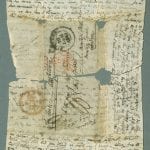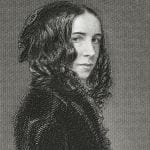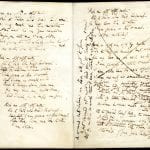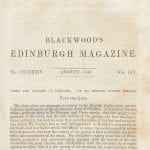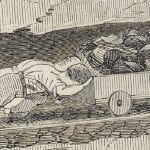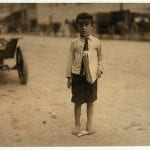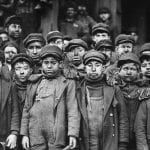
Armstrong Browning Library
“Orphans of earthly love”: Elizabeth Barrett Browning’s Protest for Working Children
Can a child be an orphan if her parents are alive?
Yes, Elizabeth Barrett Browning (EBB) claims in Cry of the Children (1843). EBB wrote this poem in response to shocking government reports about child labor in mines and factories. She opens asking British readers to hear a cry for relief coming through the reports: “Do ye hear the children weeping, O my brothers?” EBB invites readers to see themselves as “brothers” in a national family that has ignored the cries of its working children, abandoning them as “orphans of earthly love.”
Only one letter stands between “hear” and “heart.”
EBB asks readers to take the cry they hear in her poem to heart; not acting will crush hearts. “How long,” EBB imagines the children asking their nation, “will you” trample
each “child’s heart” to pursue your profit?
175 years later, EBB’s “Cry” has confronted our class with new questions:
What convictions, people, places, and events shaped what EBB wrote?
What was it like to be a child working in mines and factories?
Did EBB draw on earlier poems when writing this one?
How did readers hear the “Cry” she published?
How can we?
We hope you’ll join us in considering these questions as you journey through
our exhibition.
—Dr. Joshua King’s Victorian Poetry Class (Spring 2018)
Click the links below to navigate the online exhibit.

